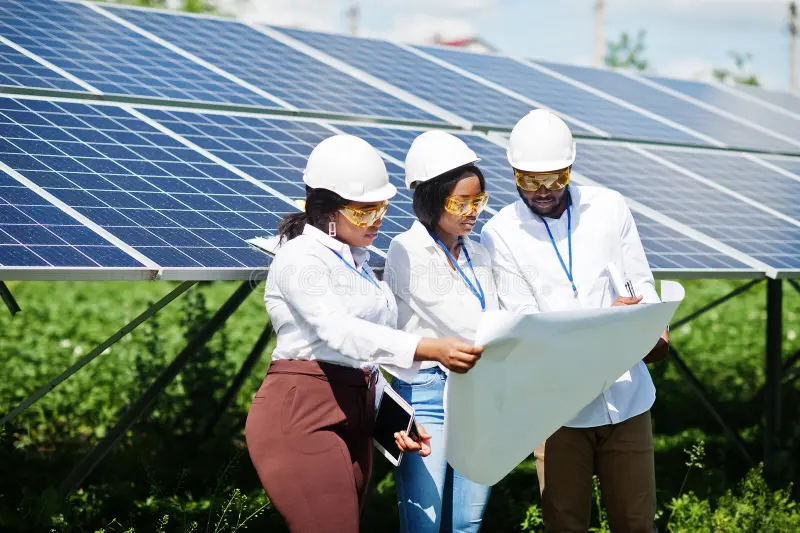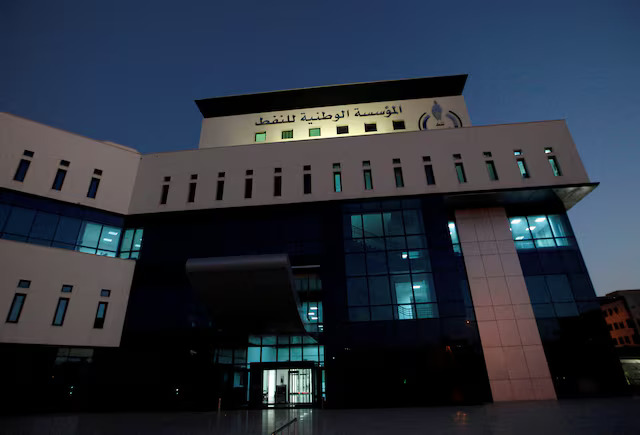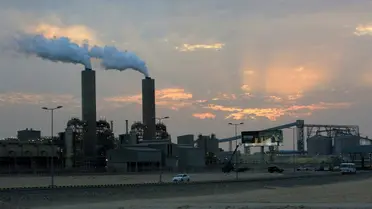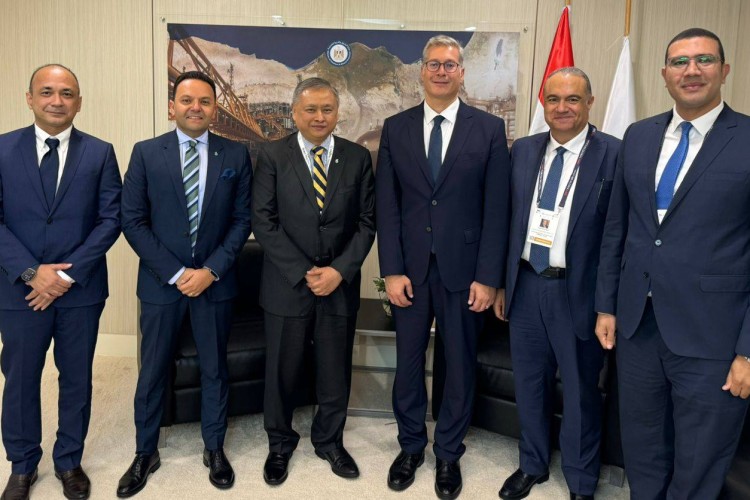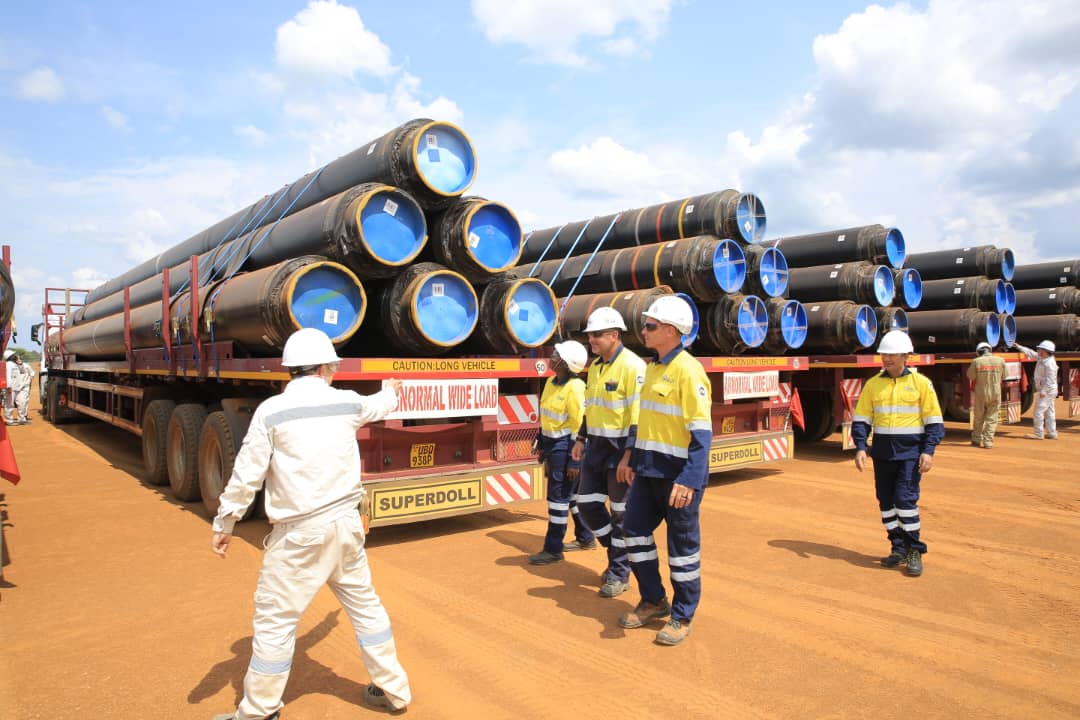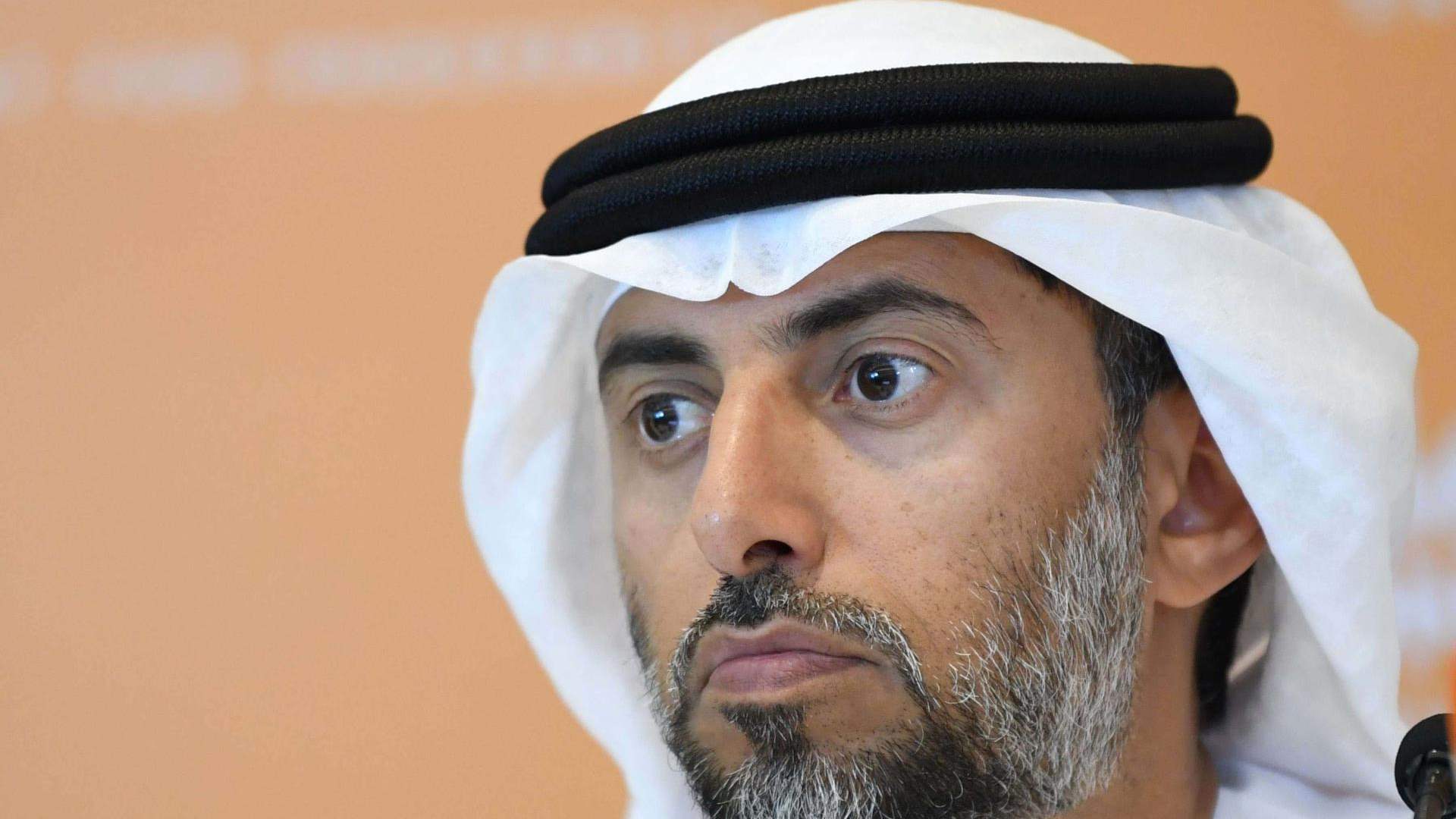Distribution

Mission 300 - More Countries Trail Nigeria, Others On Energy Compact Pledge
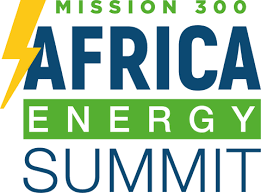
Seventeen African governments have endorsed national plans to expand electricity access as part of Mission 300; a partnership led by the World Bank Group and the African Development Bank Group. The initiative seeks to connect 300 million people in Africa to electricity by 2030.
The announcements were made at the Bloomberg Philanthropies Global Forum, where Benin, Botswana, Burundi, Cameroon, Comoros, the Republic of the Congo, Ethiopia, Gambia, Ghana, Guinea, Kenya, Lesotho, Mozambique, Namibia, São Tomé and Principe, Sierra Leone, and Togo pledged reforms through National Energy Compacts.
These blueprints are designed to guide public spending, attract investment, and drive structural change in the energy sector. World Bank Group President Ajay Banga: “Electricity is the bedrock of jobs, opportunity, and economic growth.
That’s why Mission 300 is more than a target—it is forging enduring reforms that slash costs, strengthen utilities, and draw in private investment.” Since the initiative’s launch, 30 million people have gained access to power, with projects for more than 100 million underway.
African Development Bank Group President Dr Sidi Ould Tah: “Reliable, affordable power is the fastest multiplier for small and medium enterprises, agro-processing, digital work, and industrial value-addition. Give a young entrepreneur power, and you’ve given them a paycheck.” National Energy Compacts are central to Mission 300 and are developed with technical support from development partners.
Each compact focuses on infrastructure, financing, and policy tracks, adjusted to national priorities. Earlier in the year, 12 other African countries—including Nigeria, Senegal, and Tanzania—endorsed their compacts, pledging more than 400 policy actions to strengthen utilities, reduce risks for investors, and address bottlenecks.
The World Bank Group and the African Development Bank Group are working with partners including the Rockefeller Foundation, Global Energy Alliance for People and Planet, Sustainable Energy for All, and the World Bank’s Energy Sector Management Assistance Program.
Development partners and finance institutions are also contributing through co-financing and technical assistance. Duma Boko, President of Botswana: “This National Compact is our shared pledge to ensure accessible, reliable and affordable energy as a basic human need, to transform our economy and create jobs, and to electrify our journey to an inclusive high-income country.”
Paul Biya, President of Cameroon: “The government of the Republic of Cameroon is committed, through its Energy Compact, to a determined transition towards renewable energies, promoting inclusive universal access and sustainable development based on partnerships and ambitious reforms to build a low-carbon future.” Azali Assoumani, President of the Union of the Comoros: “The Comoros Energy Compact is a call for collective action to achieve universal access to electricity by 2030, in order to ensure the country’s emergence in dignity, equity, and shared progress.”
Denis Sassou Nguesso, President of the Republic of Congo: “In addition to abundant sunlight and gas resources capable of generating more electricity, the Republic of Congo has a certified hydroelectric potential of nearly 27,000 MW and more than 100,000 MW currently under study. The Energy Compact will enable Congo to achieve universal access to electricity, supply industries in special economic and mining zones, and export surplus energy to other countries.” Taye Atske Selassie, President of Ethiopia: “Our National Energy Compact exemplifies Ethiopia’s unwavering dedication to ensuring universal, affordable, and sustainable energy access for all.
By unlocking our vast renewable resources, strengthening regional interconnections, we aim to foster inclusive growth domestically and propel Africa’s collective momentum toward ending energy poverty.” Adama Barrow, President of The Gambia: “The Gambia’s Energy Compact reaffirms our commitment to universal electricity access by 2030, scaling renewables, strengthening infrastructure, integrating the private sector and improving sector governance.”
John Dramani Mahama, President of Ghana: “Ghana believes universal energy access is key to empowering businesses, reducing poverty, and creating equal opportunities. This goal can only be achieved through strong government–private sector partnerships, supported by an enabling environment for sustainable investment.”



